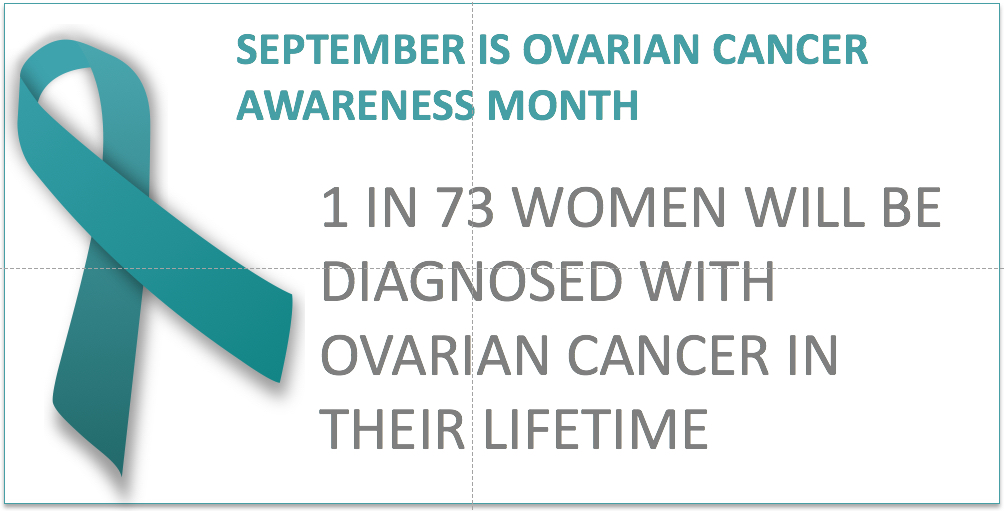 Photo: Getty Images
Photo: Getty Images
Bostonians are known for being a little gruff and aggressive. With their own set of incantations, a separate religion devoted completely to New England athletics and only a 50 percent chance of sunshine each day, it’s safe to say the Boston climate breeds a certain straight-shooter mentality.
So perhaps it is no coincidence that scientists at MIT, Harvard and the Dana-Farber Cancer Institute – all located in Boston – are taking aggressive measures to finding a cure for ovarian and other cancers.
The research project is part of what’s dubbed Project Achilles and is a comprehensive effort by scientists from the three aforementioned institutions to identify weaknesses in cancers.
"In this project, we're looking for all of the Achilles' heels of cancer. That is to say, we're looking for any instance where you inactivate a gene and affect the survival of cancer cells," William Hahn, a senior associate member of the Broad Institute and an associate professor at Dana-Farber and Harvard Medical School, said in an institute news release.
The team analyzed cells of more than 100 tumors – 25 of which were ovarian cancer tumors – and found that a particular gene, known as PAX8, was identified in nearly one-fifth of the ovarian tumors analyzed.
"Not only can we characterize what genes are mutated or altered, but we can also simultaneously assess which of those are important functionally," Hahn said.
The National Cancer Institute estimated that there were 22,000 new cases of ovarian cancer reported in 2010.
If Project Achilles’ efforts are fruitful, that could mean a cure or treatment for the many thousands of women affected by ovarian and other cancers each year.
In the studies already completed, researchers suppressed more than 10,000 genes total. The PAX8 gene was shown to help cancer cells grow and survive. By identifying genes like PAX8 and others, treatment options can be more specific in what genes they target.
The investigators said that more research needs to be conducted, but that these initial findings could mean larger horizons for cancer treatment and a cure. Going forward, the scientists suggested it may be more telling to identify tumors based on genetic mutation rather than the current practice of focusing on which body organ the tumor is growing on.
The researchers plan to zero in on the PAX8 gene and find just one gene among our hundreds of thousands that can neutralize it.
The Northeast sure breeds ‘em rough and tough and in this case, in particular, I sure am glad they do.
Scientists Spot Possible Target in Ovarian Cancer
http://www.healthfinder.gov/news/newsstory.aspx?docID=654781
National Cancer Institute: Ovarian Cancer
http://www.cancer.gov/cancertopics/types/ovarian
Reviewed July 13, 2011
by Michele Blacksberg R.N.
Edited by Alison Stanton
Bailey Mosier is a freelance journalist living in Orlando, Florida. She received a Masters of Journalism from Arizona State University, played D-I golf, has been editor of a Scottsdale-based golf magazine and currently contributes to GolfChannel.com. She aims to live an active, healthy lifestyle full of sunshine and smiles.





Add a CommentComments
There are no comments yet. Be the first one and get the conversation started!